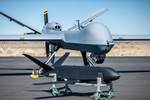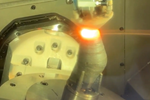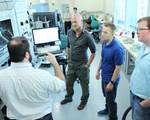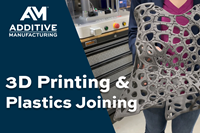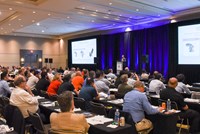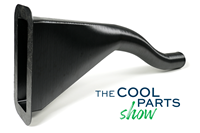3D Systems Chosen for Army Novel Thermal Application Project
Research seeks to create topologically optimized heat exchangers that will enable disruptive advancements in U.S. Army munitions technology.
Share
Read Next
3D Systems’ DMP Factory 500 has been selected by Raytheon Technologies and the Combat Capabilities Development Command (DEVCOM) Army Research Laboratory (ARL) to be part of research effort to develop topological optimization that accounts for heat transfer. The research project on this novel thermal application is titled “Research for Virtual Design and Qualification Process for Additively Manufactured Parts Optimized for Multi-Laser Machines.” The project was awarded through the National Center for Manufacturing Sciences’ (NCMS) Advanced Manufacturing, Materials and Processes (AMMP) program.
Working in conjunction with Raytheon Technologies, Penn State’s Applied Research Lab, Johns Hopkins University and Identify3D, the goal is to optimize a component relative to an Army modernization product to maximize cooling and improve overall system performance. Using additive manufacturing (AM) to address this need is a novel approach to the project that covers the entire part life cycle, including determining performance requirements, topologically optimizing the design, manufacturing the part with attention to process monitoring for quality control, component performance validation and data security.
“The novel integration and concurrent design of structures, materials and processes to create topologically optimized heat exchangers will enable disruptive advancements in munitions technology in support of multiple Army modernization priorities,” says Dr. Brandon McWilliams, deputy program manager at the CCDC ARL Weapons and Materials Directorate.
The size and complexity of this specific application require a large-frame AM system. 3D Systems’ Application Innovation Group (AIG) designed a bespoke solution based on the company’s DMP Factory 500 solution for its build volume (up to 500 × 500 × 500 mm) and its ability to produce parts spanning the entire build area without the need for stitching.
In addition to the thermal application, the collective research team will also develop and evaluate new technology for process modeling and defect prediction, process monitoring and defect detection, topology optimization, and cyber-physical security.
Related Content
-
3D Printed Replacement Clamp for an F-16 Aircraft: The Cool Parts Show #54
3D printing is a valuable addition to sustainment programs, but only if printed parts can be qualified as fast and flexibly as they can be made. In this episode of The Cool Parts Show, we look at the clamp that won the Air Force’s Approval Sprint Challenge designed to address this need.
-
At General Atomics, Do Unmanned Aerial Systems Reveal the Future of Aircraft Manufacturing?
The maker of the Predator and SkyGuardian remote aircraft can implement additive manufacturing more rapidly and widely than the makers of other types of planes. The role of 3D printing in current and future UAS components hints at how far AM can go to save cost and time in aircraft production and design.
-
JuggerBot 3D Awarded $4 Million by Air Force to Develop Large Format Hybrid Additive System
The project focuses on advancing the ability to print a thermoset composite material that can transform the way an aircraft structure is designed, fabricated and sustained for limited-life aircraft.

